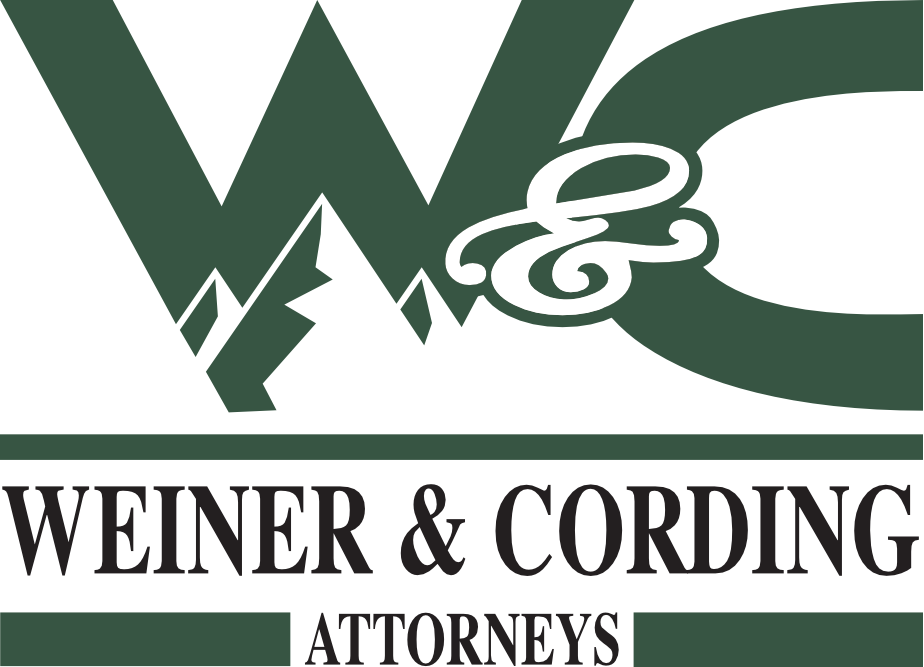This post is adapted from a short presentation Annmarie Cording gave regarding business structures in Colorado. If you ever have any questions about business structures, speak to an attorney licensed to practice in your state.
Sole Proprietorship:
unregistered business, owned and run by one person
- Liability protection: none, owner is responsible for all business losses and liabilities
- Taxes: pass through
- Governing documents: don’t really have to do or file anything
- Biggest benefits: simple!
Notes: no distinction between business and owner; may have a trade name (a “D/B/A”) but it’s not required
Partnership:
registered business where two or more people share ownership
- Liability protection: partners generally share profits, losses, and liabilities (joint liability!)
- Taxes: pass through
- Governing documents: partnership agreement
- Biggest benefits: simple, good for short-term ventures and/or where partners have complementary or similar skills (e.g., law firm for attorneys; medical practice for physicians)
Notes: can be “general” or “limited” which changes distribution of control and liabilities; each partner runs the business to some extent
Corporation:
registered business owned by shareholder(s)
- Liability protection: yes!
- Taxes: C-corps are “double-taxed” but S-corps are generally pass through
- Governing documents: articles of incorporation and bylaws
- Biggest benefits: liability protection; structure is desirable to sophisticated investors
Notes: administratively complicated; C-corp is the default and S-corp is a tax election; S-corps have even more requirements as compared to C-corps
Public Benefit Corporation (“B-Corp”):
a new type of corporation in Colorado!
- Liability protection: yes, plus protection to allow for “public benefit” activities
- Taxes: default is to be taxed as a C-corp, could elect S-corp; this is NOT a nonprofit!
- Governing documents: articles of incorporation and bylaws
- Biggest benefits: engage in “public benefit” activities instead of simply maximizing profits
Notes: administratively complicated just like any corporation plus there are additional requirements for B-corps; registering a B-corp in Colorado is different than being a “certified” B-corp (certification is done by a nonprofit called B Labs)
Limited Liability Company:
registered business owned by member(s)
- Liability protection: yes, but probably not as much as a corporation
- Taxes: pass through
- Governing documents: articles of organization and operating agreement (or operating declaration if there is only one member)
- Biggest benefits: hybrid business structure combining benefits of other types
Notes: combination of relative simplicity, limited liability, and pass through taxation makes LLC’s a common choice among small business owners; may not be as desirable for sophisticated investors; easy to get lazy in running an LLC and lose limited liability
The law is always changing. We cannot guarantee that the information provided herein is current and accurate. Every situation is different. Do not refrain from seeking legal advice from a lawyer because of anything contained in this blog. Consult an attorney for individual legal advice regarding your own situation.
